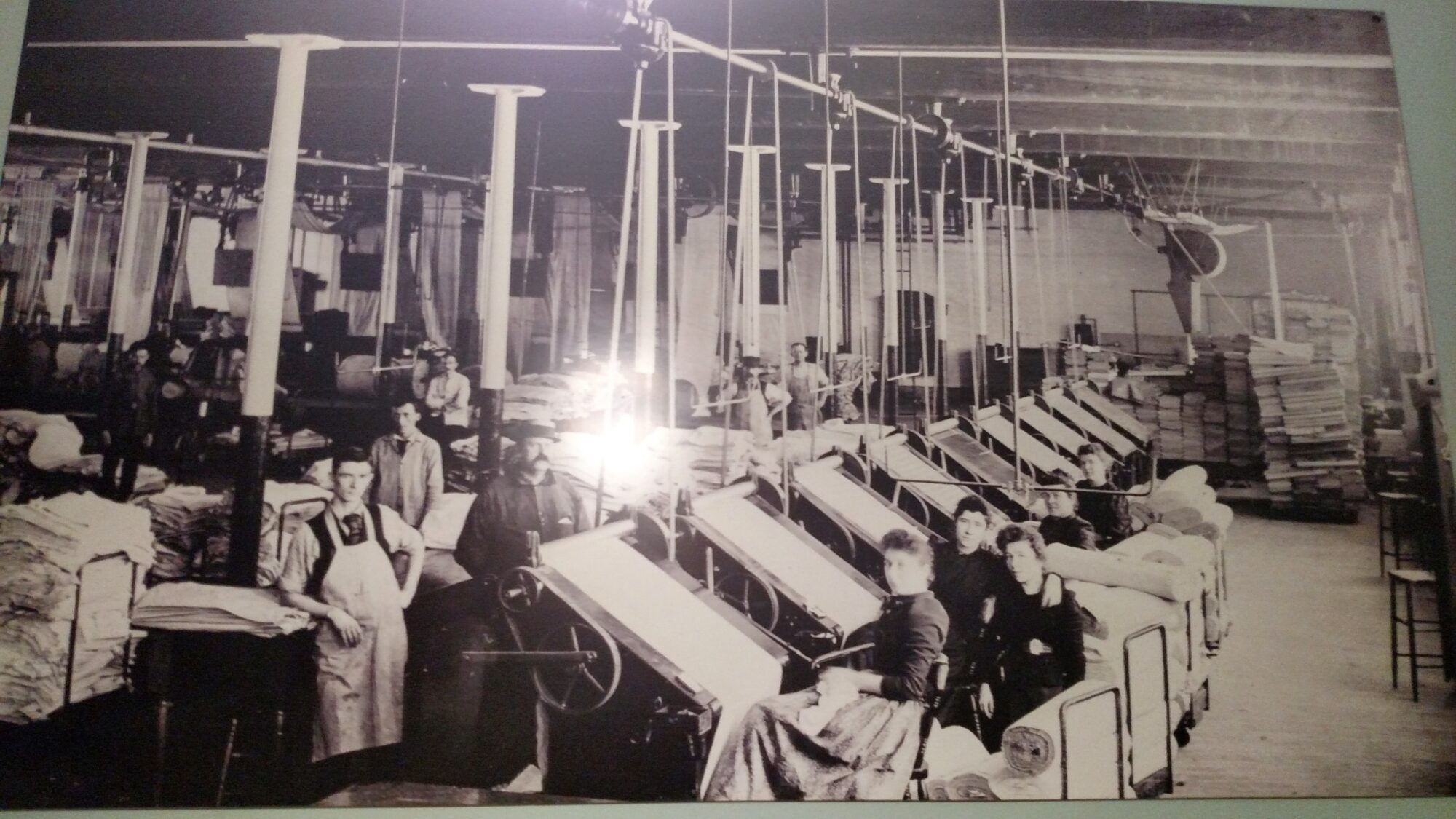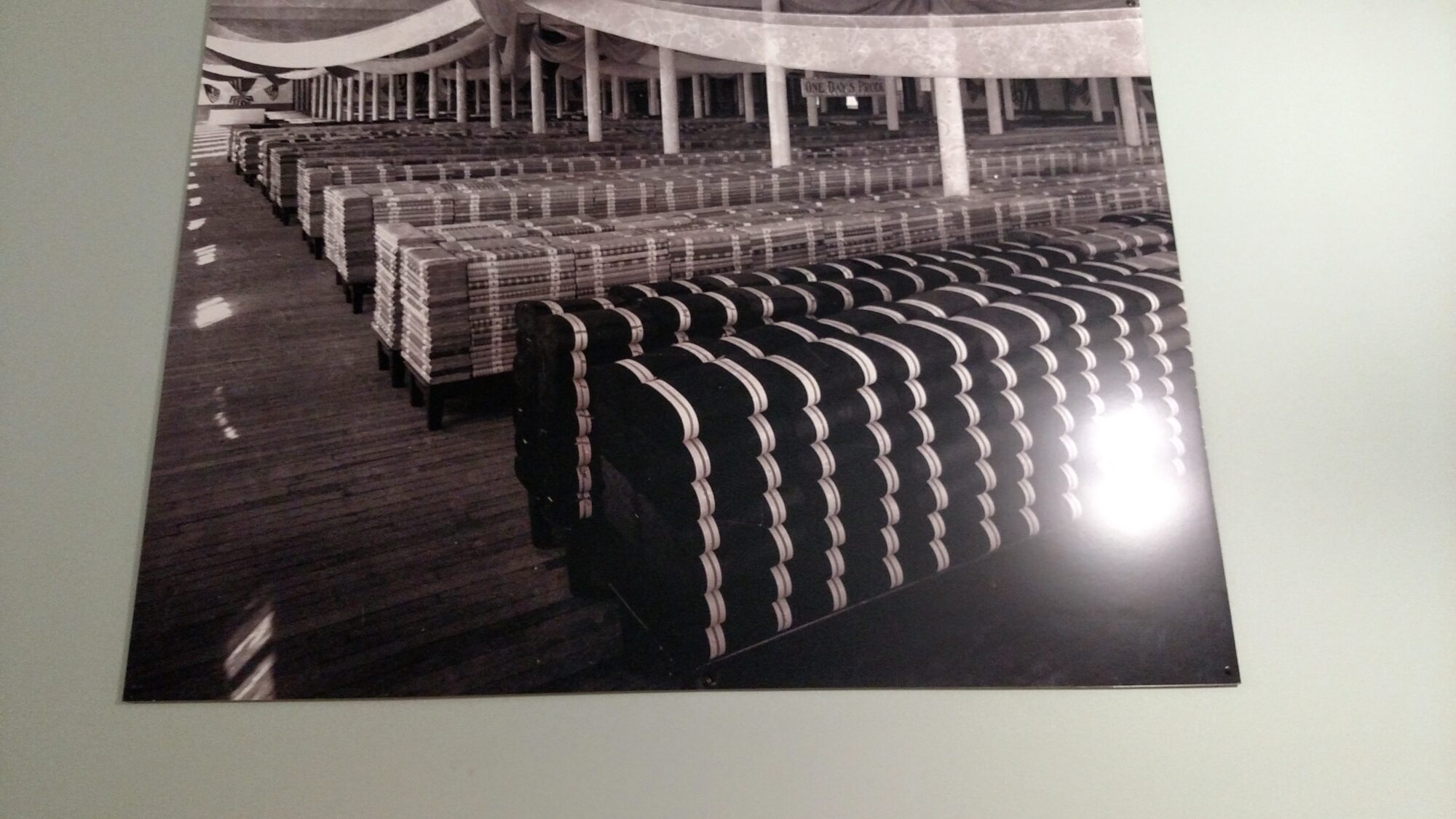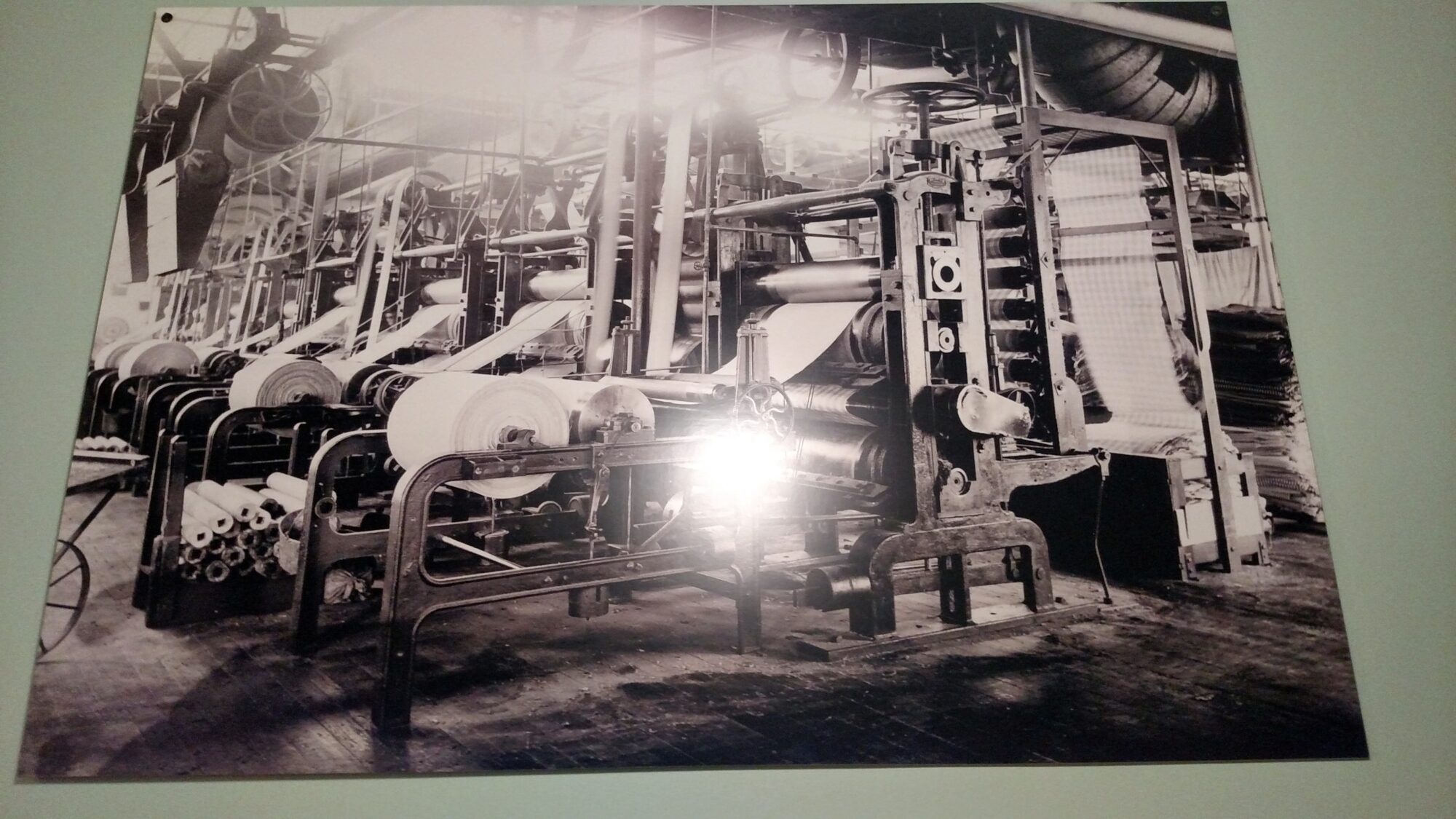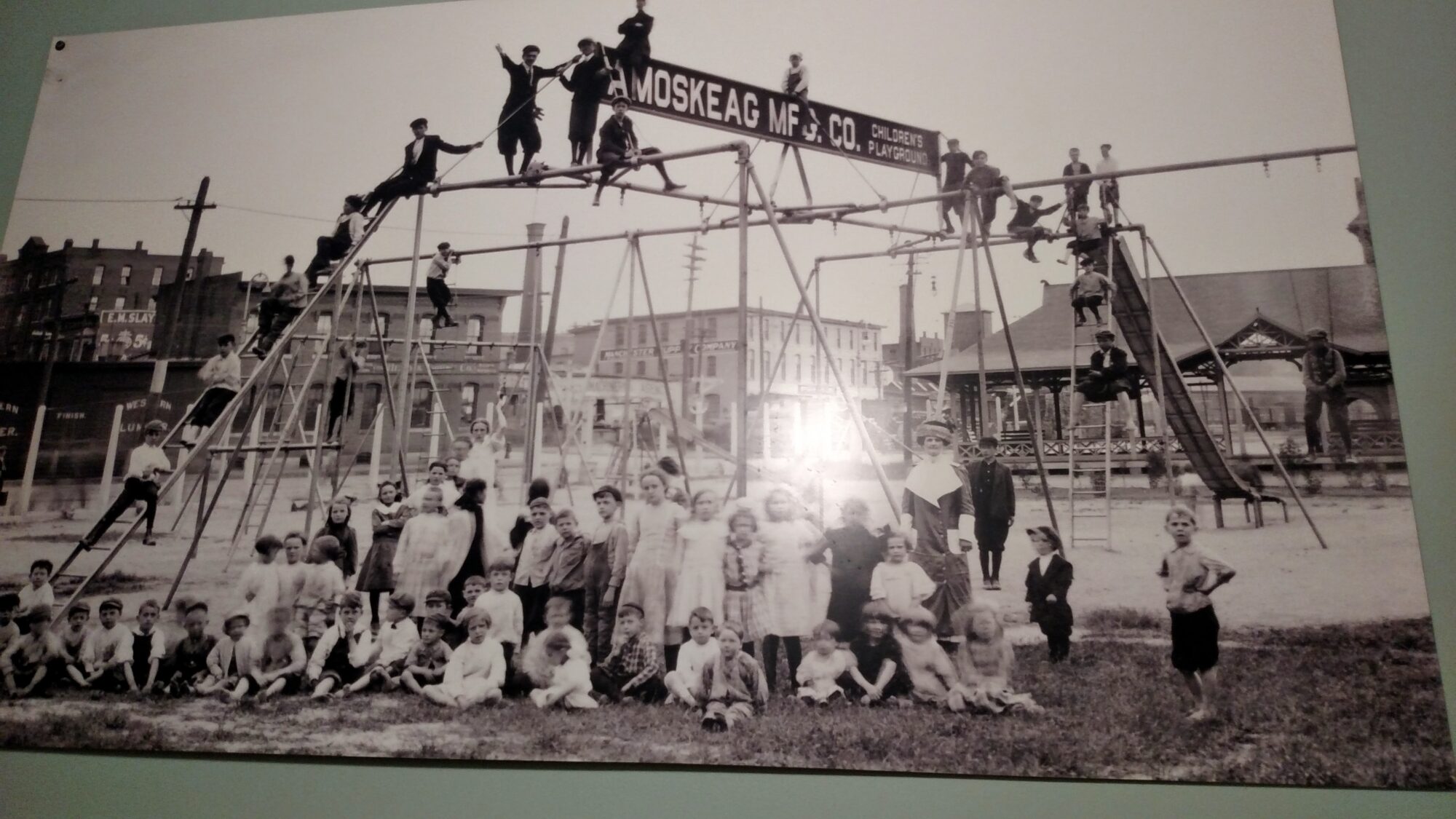(1750 Words)
We live in a society of people actively attempting to pervert history. We have evolved myths that have no true connection to historical reality. The uneducated and under educated of the country then make decisions based on myth and emotion. Often to the long-term detriment of our country.
There is a concept of the evil corporation. Evil corporations are a stereotype that has very little relationship to reality.
We hear about the greed of the oil companies, taking advantage of the little guy at the gas pumps. We don’t hear that the oil company is making pennies on the gallon while the state rakes it in. You won’t get the rubes to strike for less fuel taxes. What they strike for is to get the oil company to pay the taxes instead of them.
No corporation has ever paid a single penny in taxes.
Hard to believe?
Taxes are an expense. For a corporation to survive, they have to have more income than expenses. Since taxes are an expense, those taxes are baked into the price of goods and services. If the state raises taxes on a business/corporation, the business/corporation will just raise the price of their goods and services.
While the rubes have no problem with a company saying “The cost of steel went up 10%, we have to raise the price of our goods by 10% to compensate.” They might grumble, but they don’t get angry.
If a company says, “The state raised the cost of doing business by 10%, we have to raise the price of our goods and services by 10% to compensate.” The rubes have a meltdown. The EVIL corporation/business should just take those taxes out of profits.
If grandma has income based on dividends and the corporation takes the taxes out of their profits, then grandma gets less. Dividends are the corporation sharing the profits with the shareholders/owners.
Another myth is that of the filthy rich head of a corporation doing nothing with their money for the company or the country. This was very true during the “roaring 20s”.
Do you know why there were so many idle rich in the 20s? Taxes.
There was an income tax that was greater than 100% on the wealthy. It actually cost the wealth money to work. If they made a $100, they owed the state $110.
Unfortunately, at the heart of almost every myth, there is a kernel of truth. Those kernels are within some of the worst “company towns”. The mining towns were arguably the worst of the worst.
A man comes into town with his family to work the mines. He has nothing. He walks into the office and hires on. The company sells him the equipment he needs to work the mine and rents his family a home. All on credit.
At the end of the week, he is paid in company script, with a large amount going to the company store to pay off his debt. He still needs to purchase things, food, clothing, cloth, gear, household items. And all of it can be purchased at the company store, on credit.
If some of the family wanted to travel to a different town or to the city, the script they were paid in was worthless. The only place it had value was the company store.
The labor unions came into existence to free the workers from slavery. It wasn’t the iron chains of a slave that kept them bound to the company, it was the chains of generational debt.
The unions did some good things for the workers. Together, they fought against the company. The company hired “Pinkertons”, to break the strike. The Pinkerton agents showed up heavily armed and more than willing to kill or maim the strikers.
This was a battle well worth the fight. The Unions won the battle for the workers.
The Unions then moved on to safety issues. Again, they won great battles, for the good of the workers. Until OSHA came into existence in the US, it was the Unions that fought for safer working conditions.
Having won these two major battles, they then turned to wages. It is unclear what good they actually did in the realm of wages. If they got a member’s wages increased, then the costs of everything went up.
In some cases, the contracts that the unions negotiated are mind-blowing.
Back in the ’70s, I worked for a company that did payroll for the shipping companies. The companies that brought goods in by ship. The Longshoremen were responsible for loading and unloading the ships.
The Longshoremen would punch in and out and that data was collected at my company. Once a week, on Thursday, we would run the payrolls for all the shipping companies.
On Friday, a representative would arrive with a signature drum. We would load that into the “burster” and run the checks through. As each check came through, the signature drum would stamp the check with an authorized signature. That check would then be popped from the following check and put into a neat pile.
For a high school student, watching the machines print out 50 million dollars a week in paychecks blew my mind.
Because I was a night operator, programmer, I got bored. I just had to monitor the machine and make sure everything kept running. I found, and read the Longshoreman’s contract.
The one that amazed me was the clause that said that a Longshoreman got paid $25/hour for NOT working.
The way it worked was that the union member would go to the hiring hall in the morning. Jobs were given out by seniority and first in, first out. This is why an old timer could decide that they wanted to run a gantry crane, and they would bump whoever had that job the day before.
The good jobs were gone early in the process, but the hiring hall was open until 0900.
If you were a member in good standing and attempted to work that week, and there were no jobs for you, then the shipping companies made up the missing hours. So if you showed up at the hiring hall, Monday through Friday and you only got 15 hours of work, you would get paid $25/hr for the 25 hours you didn’t have work. Or $625 for NOT working.
Remember, late 70s. $625 was serious dollars.
So where was the scam? Say a senior member wanted to spend time at home with his wife, she being pregnant and expecting any moment. Side senior member arrives at the hiring hall at 0845. He asks for any work. He’s told that there is none. He waits around until 0900, then goes home.
Unless he chooses to make the hours up, he will get paid $200 for those 8 hours of work he didn’t do.
At the time, a new longshoreman made more per hour than my mother, who had two collage degrees.
Amoskeag Manufacturing Company
This was a cotton company. They purchased cotton from the south. It was shipped north to New England and then up river to the mills. At the mills, the company turned that cotton into cloth. Cloth that was world-famous for its quality.
At its peak, Amoskeag had 17,000 employees and around 30 buildings. It was the largest cotton mill complex in the world.
They had their own foundry, blacksmithing, and metal working shops. They used steam and water power to turn the line shafts moving power to the individual machines.

Those are phone snaps of framed images in one of the old Mill Buildings.
Everything in the company town seemed influenced by the benevolent paternalistic management—including the moral and physical habits of the help
From what I’ve read, the company town worked diligently to create a town and later a city that people wanted to live in and wanted to work in. There are no indications of the egregious anti-worker policies that were far too common in mining towns. They provided housing, schooling, and areas for entertainment. All in all, a place where over 17,000 people went to work.
You don’t attract that type of numbers if you aren’t offering something in return that the workers want.
Company engineers built more factories, lining both sides of the Merrimack. Mill No. 11 was the world’s largest cotton mill, 900 feet (270 m) long, 103 feet (31 m) wide, and containing 4000 looms
In 1920, the workers struck for the first time. Because of the economic downturn, the company wasn’t getting as many hours. They were given the difficult choice of firing people or reducing labor costs.
They choose to reduce labor costs. The gave notice that they were going to slash wages by 20% and increase work hours by 6 hours per week. So work more, get paid less.
The workers went on strike. The company increased the wages back to the original level but maintained the new work hours.
After 9 months, the workers came back to the mill and the mills started producing again.
Unfortunately, during the strike, customers lost faith in the company and moved to other suppliers. The workers no longer trusted the company, and the company no longer trusted the workers.
Within a decade, the company went bankrupt.
That strike destroyed the livelihood of thousands of workers.
Today, labor unions still fight for wages. More pay, less work. As long as it is not forced on the workers, I don’t have any issue with workers that choose to unionize.
It does kill companies, though.
Public service unions should not be allowed. There is something inherently wrong with the person negotiating with my tax dollars was often a member of the service union he is negotiating with. This is how you end up with government workers being so difficult to fire.
There are state laws that forbid a parent from criticizing a teacher in some circumstances. I know from personal experience that I was not allowed to say “this teacher is doing a poor job, this is why I believe so, please take this into consideration when renewing her contract.” I wasn’t allowed to say what grade(s) she taught, what classes she taught.
There are ways around it. I used them. The two teachers I had issues with and the principal all decided to find employment elsewhere at the end of the year.
Conclusion
To all the Union workers who fought the truly evil companies, thank you. Today is to celebrate you.
For all the Union workers who improve our lives, thank you. Today is to celebrate you.
To all our ancestors, that fought despicable companies that were evil, I salute you.




I believe unions served an important and valuable purpose at one point in our country’s history.
.
I also believe that time is mostly past, especially with the large number of federal regulations and agencies monitoring and regulating working conditions etc. My personal experience working in a unionized environment, limited as it is, suggests that today’s unions are more about benefitting the union management than the workers they supposedly represent.
.
A little off-topic, but I also believe unions should not be allowed for public sector employees – police, teachers, bureaucrats, etc.
.
Anyway, happy Labor Day!